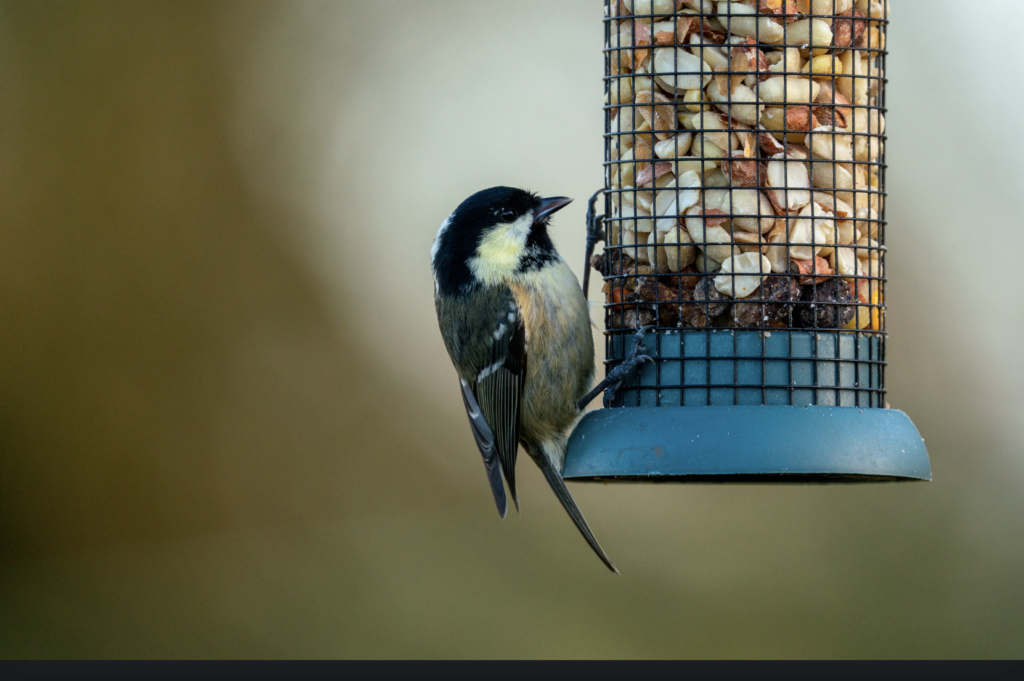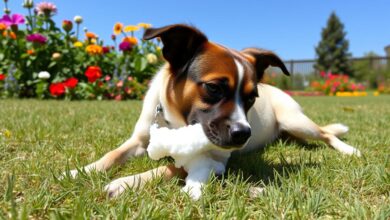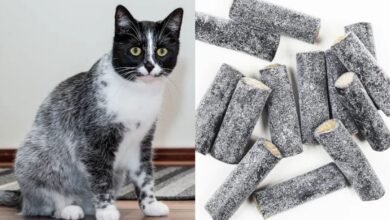Best Bird Foods: Top Picks to Keep Your Birds Healthy and Happy

When it comes to keeping your feathery friends healthy and happy, choosing the best bird foods is essential. Whether you have a parrot, finch, or a backyard full of wild birds, providing the right nutrition plays a significant role in their overall well-being. In this article, we’ll explore the top bird food options, why a balanced diet is important, and how to cater to the nutritional needs of different bird species.
1. Understanding Bird Nutrition
Birds, like humans, require a variety of nutrients to stay healthy. The best bird foods are those that offer a balance of proteins, fats, carbohydrates, vitamins, and minerals. Here’s why each of these is important:
- Proteins: Essential for muscle development and tissue repair.
- Fats: Provide energy and support feather health.
- Carbohydrates: Offer a quick energy source, particularly useful for active birds.
- Vitamins and Minerals: Help in maintaining strong bones, a healthy immune system, and overall vitality.
Different bird species have varying nutritional requirements, so it’s crucial to choose foods that match the specific needs of your pet bird or the birds you’re feeding outdoors.
2. Best Bird Foods for Pet Birds
Pet birds, such as parrots, canaries, and cockatiels, have unique dietary needs that differ from wild birds. Here are some of the top choices for pet bird foods:
- Pellets: Pelleted bird food is often recommended as the primary food source for many pet birds. It offers a balanced mix of nutrients and eliminates the risk of selective eating, where birds might only pick out their favorite seeds.
- Seed Mixes: While seeds can be a part of a bird’s diet, they should not be the sole source of nutrition. Many birds love seeds, but an all-seed diet can lead to deficiencies. Look for seed mixes that are specifically designed for your bird species and combine them with other food types.
- Fruits and Vegetables: Fresh fruits like apples, berries, and vegetables like carrots and leafy greens should be included in your bird’s diet. These foods provide essential vitamins and minerals that are sometimes lacking in dry foods.
- Nuts and Grains: Birds like parrots and macaws benefit from the inclusion of nuts like almonds, walnuts, and sunflower seeds in moderation. These provide healthy fats that promote feather health and energy.
3. Best Bird Foods for Wild Birds
Feeding wild birds in your backyard can be a rewarding experience, and choosing the best bird foods will attract a wide variety of species. Here’s a breakdown of popular food options for wild birds:
- Black Oil Sunflower Seeds: Known as the best all-around bird food, black oil sunflower seeds are high in fat and attract a wide range of bird species, from cardinals to chickadees.
- Suet Cakes: Suet, a high-energy food made from animal fat, is especially useful during the winter months when birds need more energy to stay warm. It’s a favorite among woodpeckers and nuthatches.
- Nyjer Seeds: These tiny seeds are perfect for attracting finches and other small songbirds. Nyjer seeds are high in oil content and provide the necessary calories for these active birds.
- Mealworms: Offering mealworms, especially during nesting season, is a great way to provide a high-protein food source to insect-eating birds like bluebirds and wrens.
- Millet: Small birds like sparrows and doves are fond of millet. You can offer it alone or as part of a seed mix.

Check Also : How to Create a Bird-Friendly Garden: A Haven for Your Feathered Friends
4. What to Avoid When Feeding Birds
While there are plenty of nutritious food options for birds, there are also some foods you should avoid:
- Avocado: This popular human food is toxic to birds and can cause heart damage or death.
- Chocolate and Caffeine: Both substances can be harmful to birds, affecting their heart and nervous system.
- Salty or Sugary Foods: Processed foods high in salt or sugar can lead to health problems in birds, so it’s best to stick to natural and bird-specific foods.
5. Top Bird Food Brands to Consider
There are several reputable brands offering high-quality bird foods. Here are some of the top brands to look out for:
- Harrison’s Bird Foods: Known for their organic, premium-quality pellets, Harrison’s offers a wide range of products catering to the specific needs of different pet birds.
- Kaytee: Kaytee provides a variety of bird food options, from seed mixes to pelleted food, along with treats like millet sprays and suet cakes for wild birds.
- ZuPreem: This brand focuses on balanced, pelleted diets that are designed to meet the nutritional needs of many bird species.
- Roudybush: Offering high-quality pellets, Roudybush is another trusted name for ensuring your pet bird gets all the essential nutrients it needs.
- Wagner’s: Specializing in wild bird food, Wagner’s offers a range of seed mixes and sunflower seeds that are popular among backyard birders.
6. Tips for Feeding Your Birds
To ensure your birds are getting the most out of their diet, follow these tips:
- Variety is Key: Offer a combination of seeds, pellets, fresh fruits, and vegetables to provide a well-rounded diet.
- Fresh Water: Always ensure your birds have access to clean, fresh water for drinking and bathing.
- Rotate Foods: Regularly change up the foods you’re offering to prevent boredom and encourage balanced nutrition.
- Proper Storage: Store bird food in a cool, dry place to prevent spoilage and contamination by pests.
Conclusion
Choosing the best bird foods is key to ensuring your pet birds or backyard visitors remain healthy and vibrant. By providing a balanced diet tailored to their specific needs—whether through high-quality pellets, fresh produce, or the right seed mixes—you’ll help your feathered friends thrive. Remember, a healthy bird is a happy bird, and your effort in selecting the right nutrition will go a long way in their well-being.





